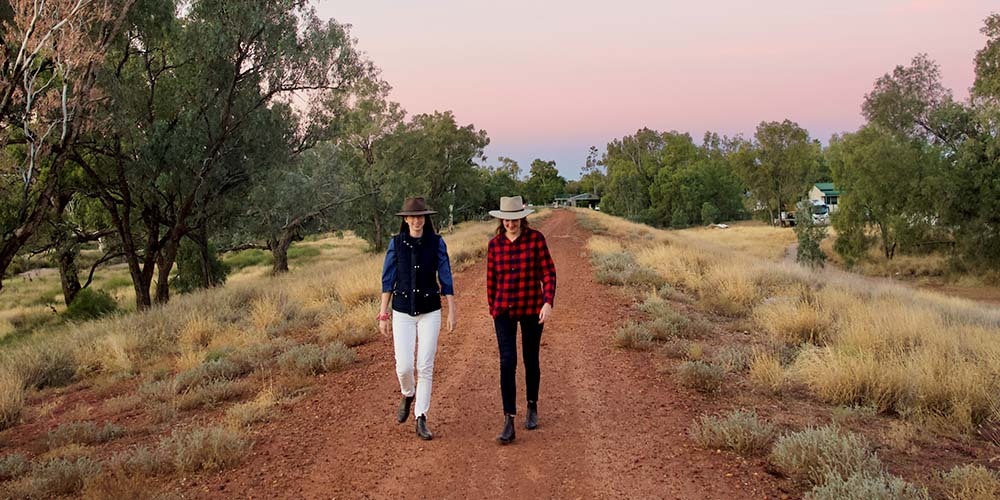KEEP IN TOUCH
(07) 3105 7800
Turrbal and Jagera Country
Level 4, 348 Edward Street
Brisbane QLD 4000
(07) 3105 7800
Turrbal and Jagera Country
Level 4, 348 Edward Street
Brisbane QLD 4000

Go Rural Virtually (GRV) is an opportunity for health students to connect with health professionals through a virtual experience, by showcasing a topic, community, and health services from Queensland’s rural communities online.
The most recent edition, held on 29 March, was the fourth in the series, and explored the topic of mental health in the bush by giving health students the opportunity to bring their own questions and thoughts to the 13 speakers drawn from rural and mental health. Go Rural Virtually speakers included people with lived experience of mental illness, mental health professionals and leaders, innovative mental health service providers and psychology students.
The diversity of backgrounds, experience and locations provided different perspectives and personal stories of the effects of mental health in the bush. Students also participated in interactive discussions using breakout rooms where they were able to learn about different approaches and creative solutions relating to mental health.
Dr Ebonney van der Meer, a passionate advocate for mental health and a Rural Generalist in Cooktown, explained that mental health was a bigger issue in rural communities due to a lack of health literacy, a lack of access to care and the stigma attached to mental illness.
Director and founder of Rural Health Connect, Megan Gomez spoke to the students about how her organisation has improved access to mental wellbeing by linking rural community member to psychologists through video and phone calls. This approach overcomes many of the traditional deterrents rural people face when they need to access mental health services including ensuring cost is not a prohibitive factor.
Dr Tim Driscoll, Clinical Psychologist with the Royal Flying Doctor Service (RFDS), talked about how beneficial the introduction of telehealth has been for remote and rural communities, he pointed out that having better access, including more stable and secure internet services, can significantly improve a patient’s experience.
The key discussion points on the night included:
Challenging stereotypical perceptions and responses to mental illness.
How to better understand and support patients/clients presenting with mental health issues.
Being adaptable and responsive to the conditions and lifestyle of rural and remote communities.
Mental health involves developing a skill set including coming from a place of respect and care.
Cultural considerations - the need to take a proactive and innovative approach to engaging and connecting with First Nations peoples.
The importance of developing and maintaining self-care strategies for students and health professionals.
If you missed the live event, you can watch it here.
Join us for the next episode of Go Rural Virtually: Managing Aggressive and Violent Patients on Tuesday 28 June.
Keep up to date with all of our events via our website and be a part of our virtual community, connect with peers, expand your professional network, and be inspired.